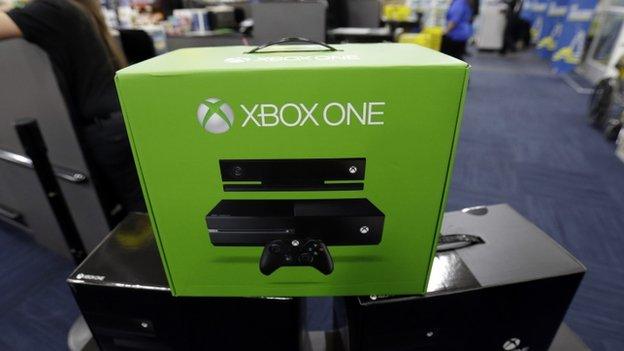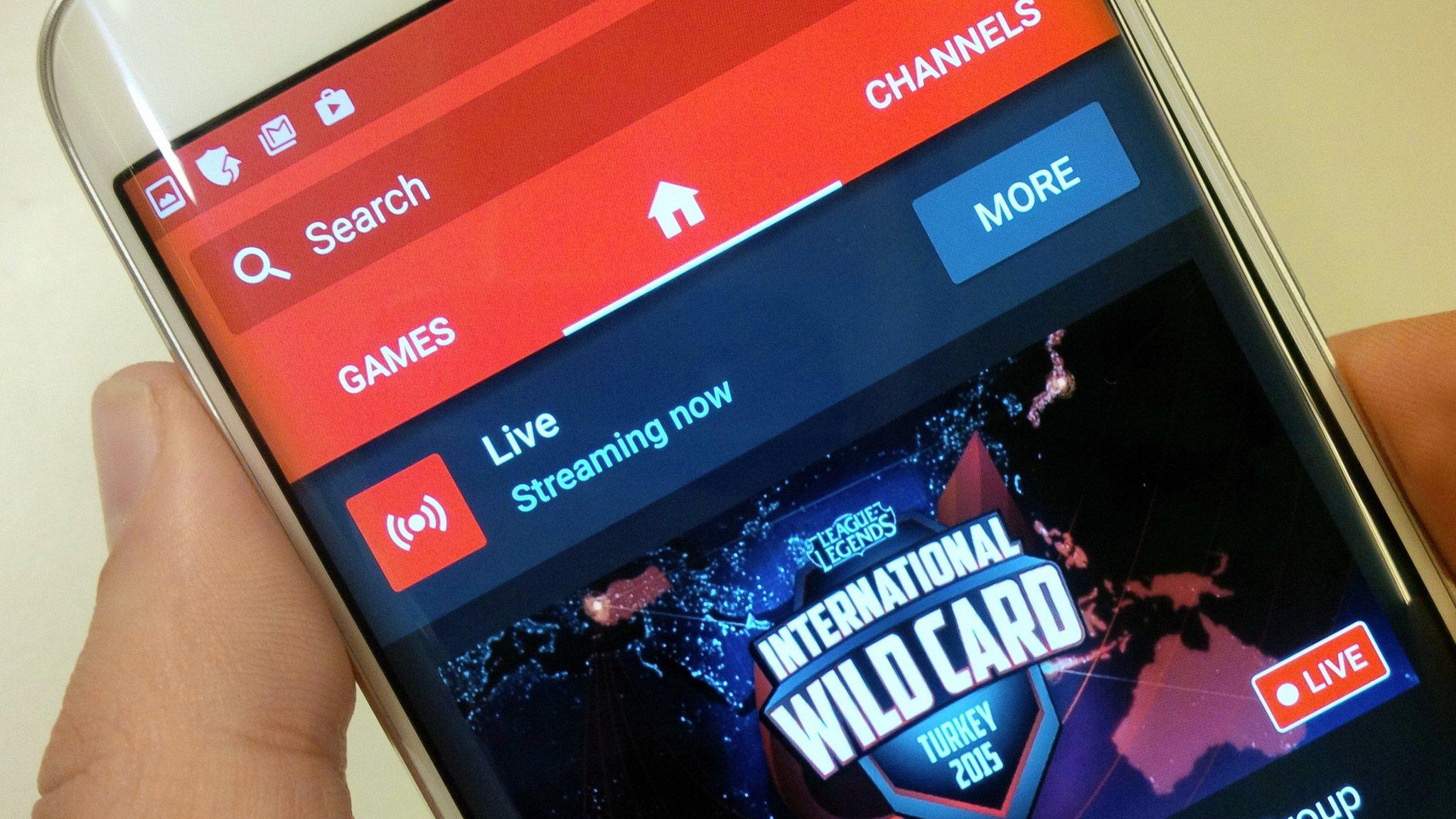'Deceptive' YouTube video ads helped promote Xbox One
- Published

Key YouTubers got hidden payments to promote the Xbox One gaming console
YouTubers were paid up to $30,000 (£20,000) to endorse the Xbox One as part of a "deceptive" ad campaign, said the US Federal Trade Commission (FTC).
The cash was funnelled to them through the Machinima online entertainment network, it said, external.
Machinima should have let viewers know the YouTubers were being paid to push the console, it added.
The video network has now pledged to ensure paid endorsements are clearly labelled.
The FTC said Machinima was involved in the 2013 marketing campaign to generate interest in Microsoft's Xbox One through a deal with the Starcom MediaVest ad agency.
UK gamer Tom Cassell, known as TheSyndicateProject, was one of the vloggers who received $30,000 to upload two promotional videos to his channel. The other was Adam Dahlberg who was paid $15,000 to produce two reviews.
The deal involved Machinima generating 19 million views for videos about the console. It also guaranteed payouts, up to a maximum of $25,000, to a larger group of vloggers if they got people to view the clips in large numbers.
The failure to disclose the fact that the favourable views of the YouTubers were being paid for broke US laws governing "deceptive advertising".
'Social influencer'
"When people see a product touted online, they have a right to know whether they're looking at an authentic opinion or a paid marketing pitch," said Jessica Rich, director of the FTC's bureau of consumer protection.
A settlement agreement negotiated with Machinima will mean the company must say why vloggers and gamers are backing a product, said the FTC.
"Machinima is actively and deeply committed to ensuring transparency with all of its social influencer campaigns," said the company in a statement.
It added that the Xbox One campaign was run by senior managers and directors who had now left the company.
The FTC said the payments were "isolated incidents" that occurred despite both Microsoft and Starcom MediaVest having policies put in place to stop such deception taking place.
The FTC agreement comes soon after new guidelines for UK video bloggers who enter marketing relationships with brands were published. These encourage vloggers to clearly label when they are being paid to endorse products and services.
- Published19 August 2015

- Published26 August 2015

- Published8 July 2015
